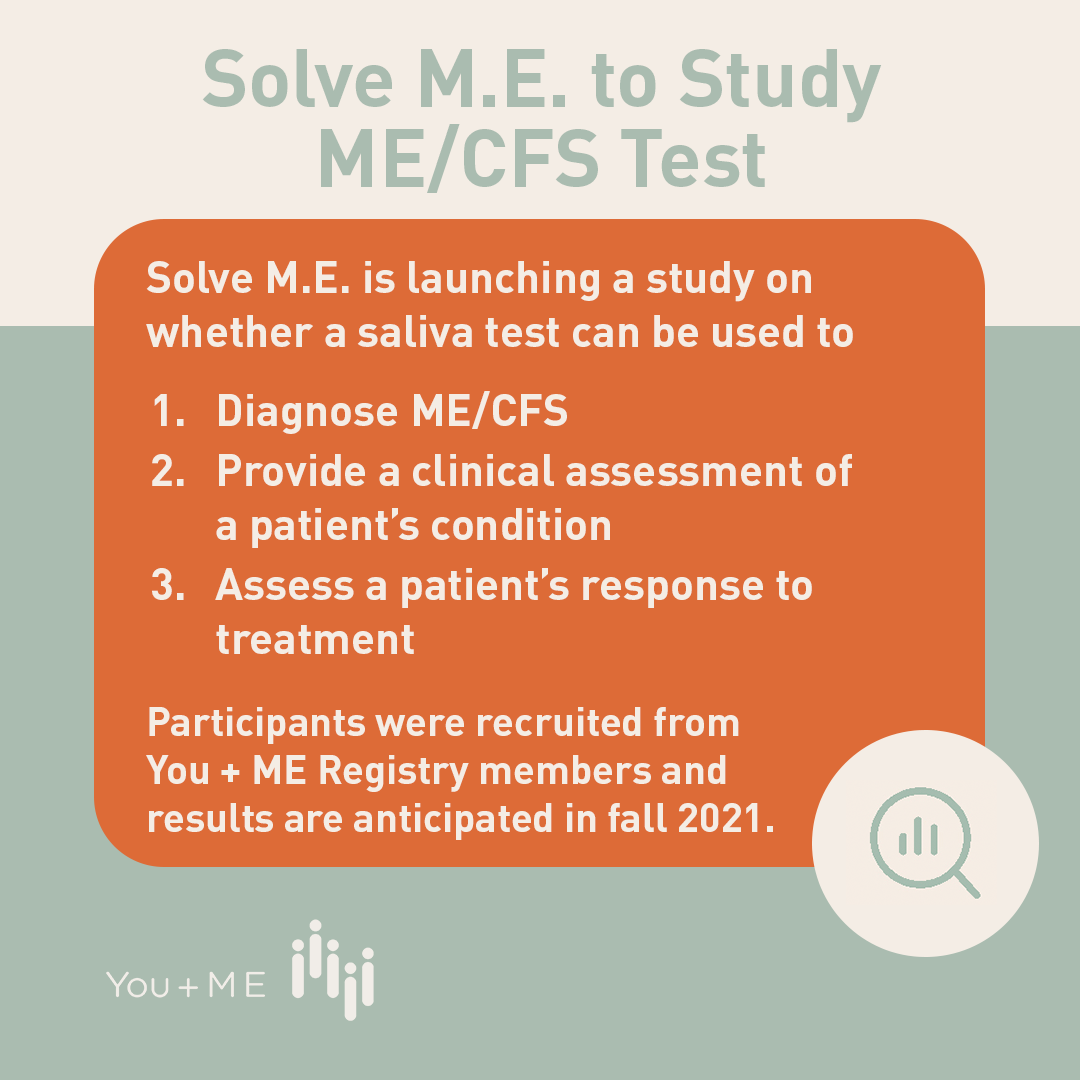Solve M.E.’s dedication to collaborative ME/CFS research is longstanding and includes initiatives such as the You + ME Registry, which gathers and provides access to patient-provided data, the Ramsay Awards which assist early-career researchers, the partnership with Action for M.E., which funds postdoctoral fellowships and the groundbreaking collaboration with UCLA, which sponsors leading-edge studies.
The You + ME Registry, a fundamental strategic initiative launched last year, aims to create the world’s largest longitudinal ME/CFS database and make it available to researchers around the world. We incorporated Long Covid—which shares many similarities with ME/CFS—so that understanding one can illuminate the other.
Big data has unleashed otherwise elusive insights for complex conditions, such as cancer, and the expectation is that it can do the same for ME/CFS and Long Covid. With more than 4,200 people enrolled to date, the Registry is growing rapidly, becoming a richer resource for researchers every day. Plus, cohort selection within the Registry can expedite a study’s recruitment and maximize its success.
The Registry strategically strengthens and expands our commitment to research, powering the possibility of experiments designed to drive directly to a cure. This kind of research—translational research—transforms an idea into a study, a study into diagnostics and clinical trials and clinical trials into approval of available treatments.
A new Solve M.E. study demonstrates this approach. Determining a definitive way to diagnose ME/CFS would be a significant breakthrough and—because someone’s illness would be identified much more quickly—could mitigate further harm and accelerate access to treatment.
The study investigates if peptide levels in saliva—a biomarker—from people with ME/CFS differ from levels in saliva from healthy controls. If so, a simple saliva sample could be used to diagnose ME/CFS and potentially provide a clinical assessment of a patient’s condition and even a patient’s response to treatment.
The study is based on prior research, including in people with ME/CFS by Dr. Kalns and Dr. Lapp, and is in partnership with Hyperion Biotechnology, a specialty diagnostic company that develops objective methods for measuring fatigue. Results of the study are anticipated in fall 2021.


